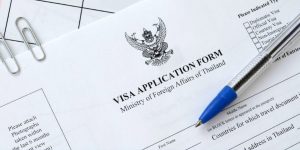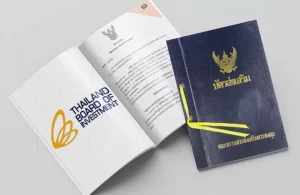There are many benefits to hiring a contract review service when purchasing property in Thailand. Unlike other countries, Thai sales contracts do not include exhaustive rights and obligations for both buyer and seller. The contract must be reviewed carefully to ensure that the buyer and seller have mutually beneficial interests. However, there are a few key considerations to keep in mind when preparing a contract for purchase in Thailand. Here are a few of them:
Sale and Purchase Agreements in Thailand
Purchasing property in Thailand requires a solid understanding of the sale and purchase agreement. While some people take samples and customize them for their particular situation, it is important to review each contract carefully before deciding to sign it. You also need to verify the information on the property, because inaccurate information could lead to legal issues later on. The sale contract must match the information on the title deed and government permits, among other factors.
Generally, a buyer is required to make a deposit when buying an off-plan property in Thailand. This deposit is usually considered non-refundable by Thai law. This means that, should the seller to default on the contract, the buyer will be able to recover the deposit only if the seller does not fulfill his end of the bargain. Purchasing property in Thailand requires a sale and purchase agreement that is legally binding and protect both the buyer and the seller.
Buying and Leasing of Thai Property
The process of buying and leasing a property in Thailand vary depending on the property’s location. The most common method is a leasehold contract, which allows the tenant to control the property’s use but doesn’t give the tenant ownership. Another method is to establish a Thai Limited Company with three to seven shareholders, including two or three Thais and one or more foreigners. Buying and leasing a property in Thailand can be a very lucrative venture for the right investor.
For foreigners looking to own property in Thailand, there are several benefits to using a foreign company. While Thai corporate law allows foreigners to buy land or lease it, there are special requirements for foreign ownership. The Alien Business Law requires that at least 50% of the company’s shares be held by Thai juristic persons. If a foreign company is only 40% owned by foreigners, the Central Land Office in Bangkok will investigate the matter.
Scope of Contract Review Service
The first step in a contract review is to understand the contract’s scope and details. Often, people confuse the title deed and the sales contract and end up signing the wrong one. The title deed reveals details about the property, including its current ownership, and the sales contract specifies the terms of the transaction and who will own the property. A basic contract review, on the other hand, focuses on the terms and the agreement’s structure.
Seek Help from a Property Lawyer in Thailand
You may be tempted to try and buy property in Thailand without seeking legal counsel. But in reality, Thailand has no regulated property purchase process. While you can use a real estate agent to negotiate a deal, you should always seek legal assistance before making any deal. Foreigners are prone to making mistakes like false advertisements, not knowing if the seller is the real owner of the property or failing to investigate the developer. As such, it’s crucial to perform a due diligence study of the property and developer before signing any deal. Also, do not forget to include lawyer fees in your budget.
Although you don’t need a property lawyer to buy a property in Thailand, it’s better to have a professional guide you through the process. Hiring a law firm can be expensive, so be prepared to do plenty of research. Besides, you must be 100% sure of the property you’re purchasing, so you can’t afford to make a mistake.















